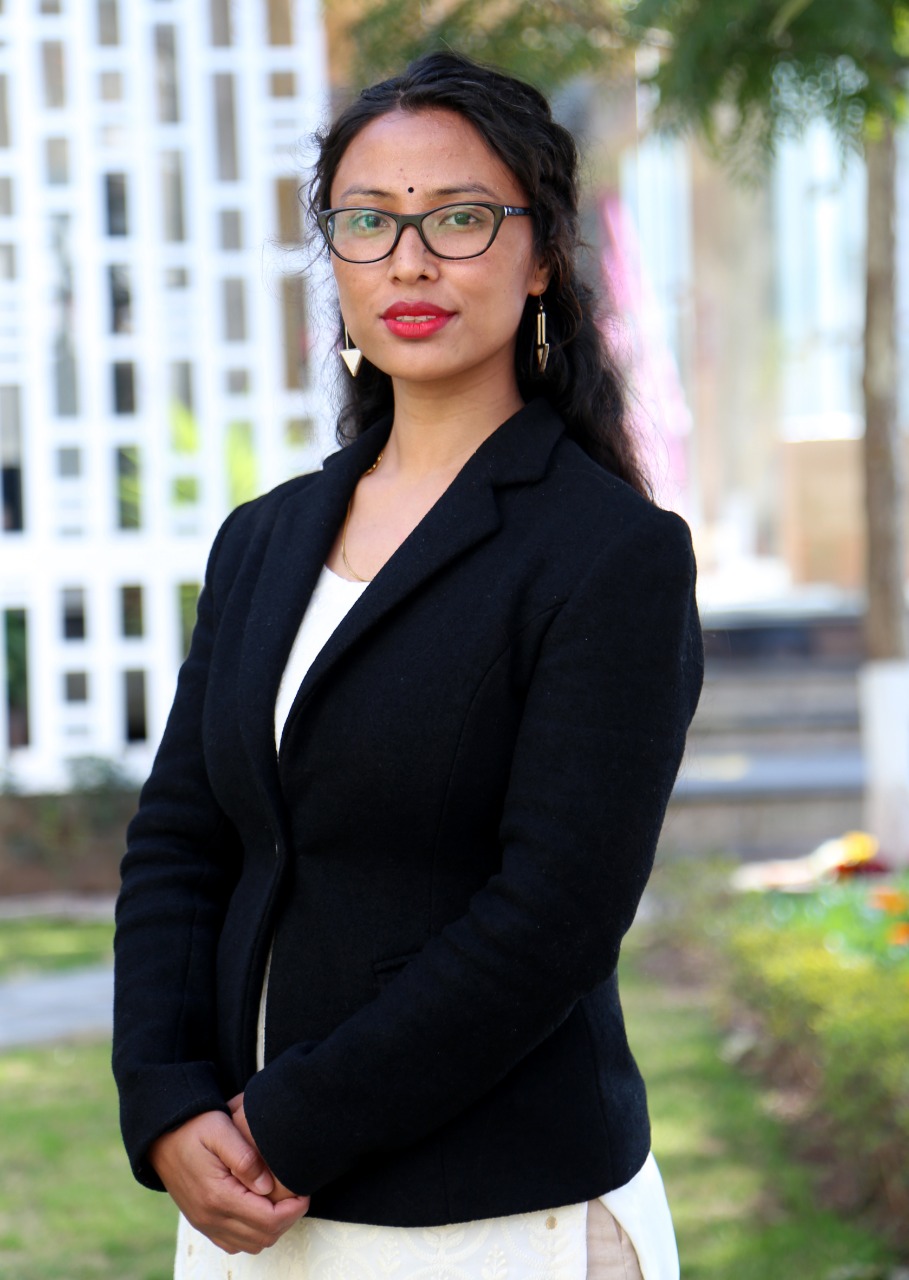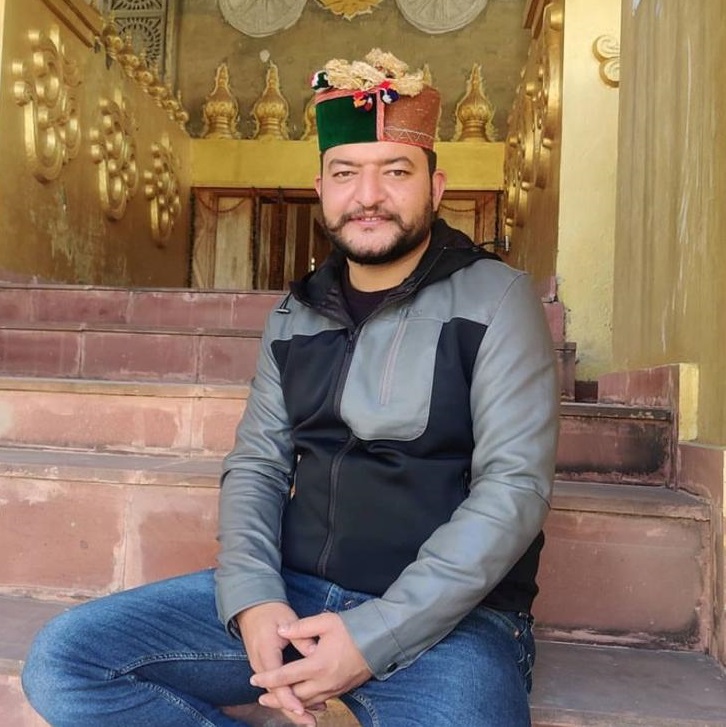PhD History
Eligibility : Four year graduation degree by research or Master’s degree in related discipline with minimum 55% marks
- Duration : 3 years
- Admission Criteria : Shoolini University's multiple choice entrance test, and assessment of research aptitude through concept note & faculty interaction
PhD in History is a program at Shoolini University that provides a detailed study of events and documentation of humanity. The program provides an expansive view of social, cultural, religious, political, and economic developments from prehistoric to the present times.
It trains students to become both skilled scholars and conscientious teachers. Throughout the program, students work with mentors, complete their curriculum, prepare for and take the exams, work as teaching fellows, and research and write a thesis. The specially designed program provides students with robust source-based, research-driven, and academic history-writing training.
Apart from careers in museums, publishing and library fields, history scholars can also bring their skills into corporate positions that involve analysis and research.
Research scholars are mentored by renowned faculty passionate about history, conducting ground-breaking research. In addition, they benefit from the close interaction with eminent historians.
The university collaborates with renowned universities worldwide for student exchange programs, faculty exchange, and more. Prominent among these are the University of Arkansas, USA; Lanzhou University, China; University of Naples, Italy; Taipei Medical University, Taiwan; Gachon University, South Korea; South Dakota Mines University, USA.
Shoolini University is UGC Approved and NAAC Accredited.
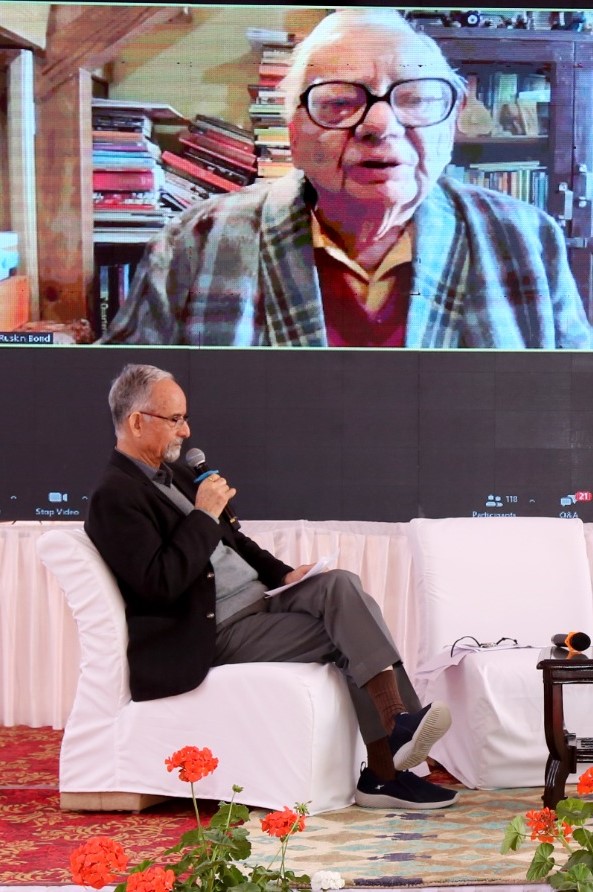
Shoolini Literature Fest
Creates a platform for exchanging ideas, networking, and appreciating literature, making it a significant event in the literary calendar.

Belletristic
Shoolini’s literature society organises webinars, international conferences, book publications, book launches and discussions etc.

Research Centre in Yoga
The centre combines ancient Indian philosophy and spirituality with modern academic programs and sessions.
PhD History Career Opportunities
- Public affairs specialist
- Curator
- Professor/Teacher
- Research Fellow
- Historical Writer/editor
- Corporate Historian




Program Details
Top Faculty
Student Voices
Frequently Asked Questions
Why should I pursue a PhD from Shoolini University
Shoolini University is India’s No.1 research university. It follows a unique One Student, One Patent policy that encourages all PhD students to focus on real research and innovation. The university has more than 104 modern labs to support your work. Shoolini researchers are also listed among the top 2% scientists in the world by Stanford University. With 250+ international collaborations, you can work with global experts and institutions.
Latest Blogs
Explore the latest insights and updates in our newest Shoolini University blogs!
Still have Queries? Contact Us
Please fill in the form and an expert from the admissions office will call you in the next 4 working hours.

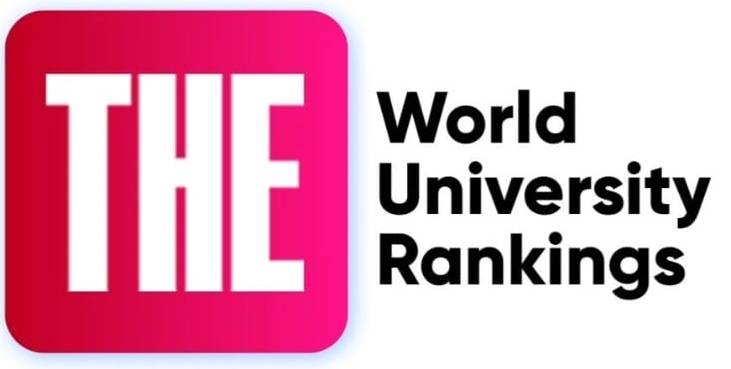


.jpg)
.jpg)
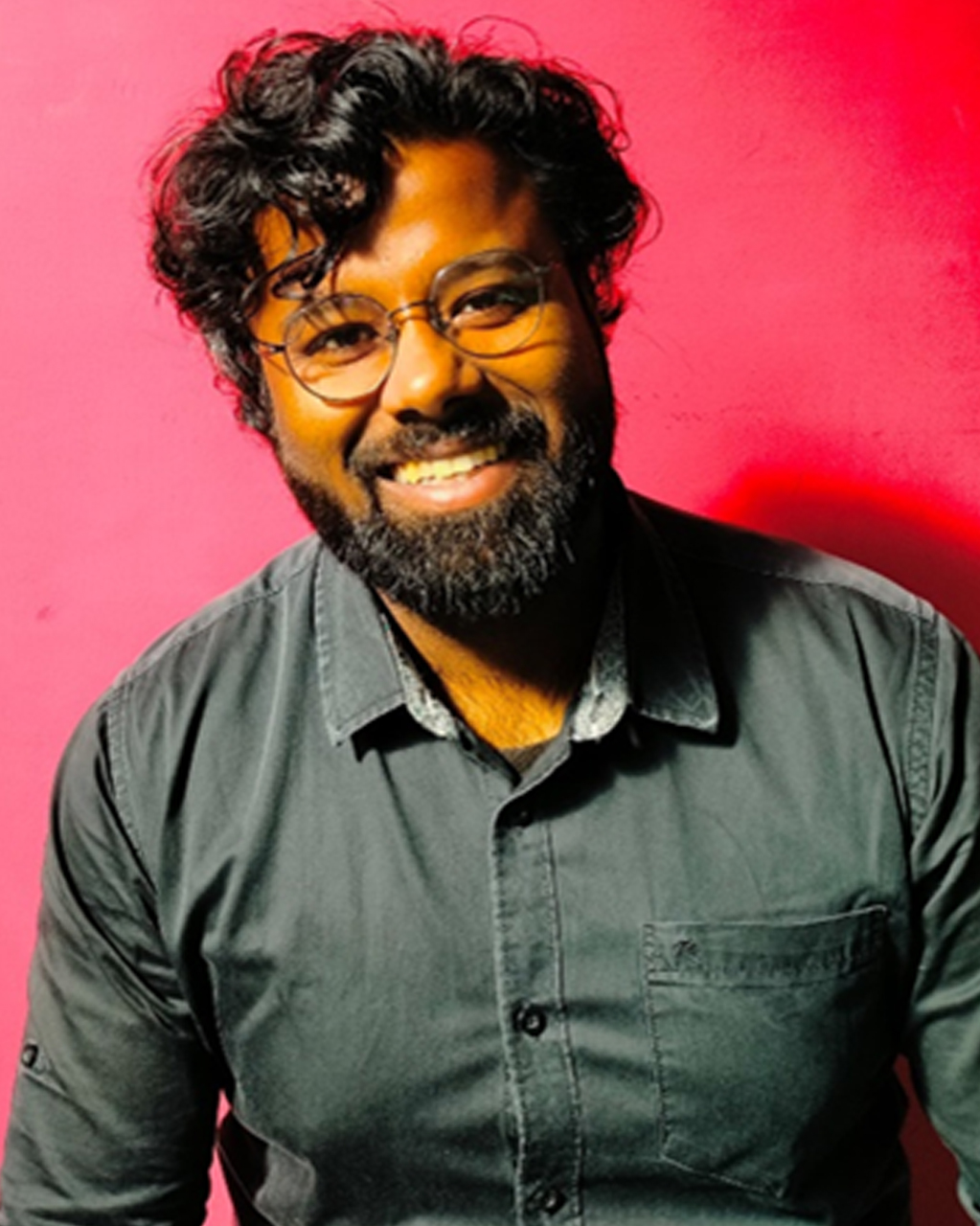
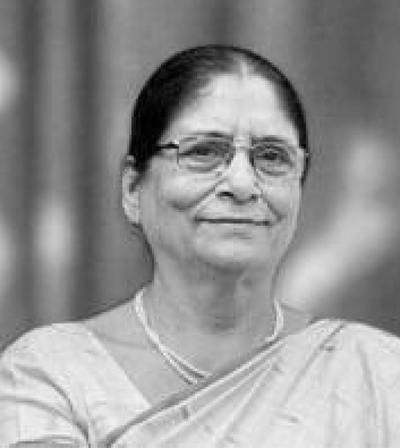
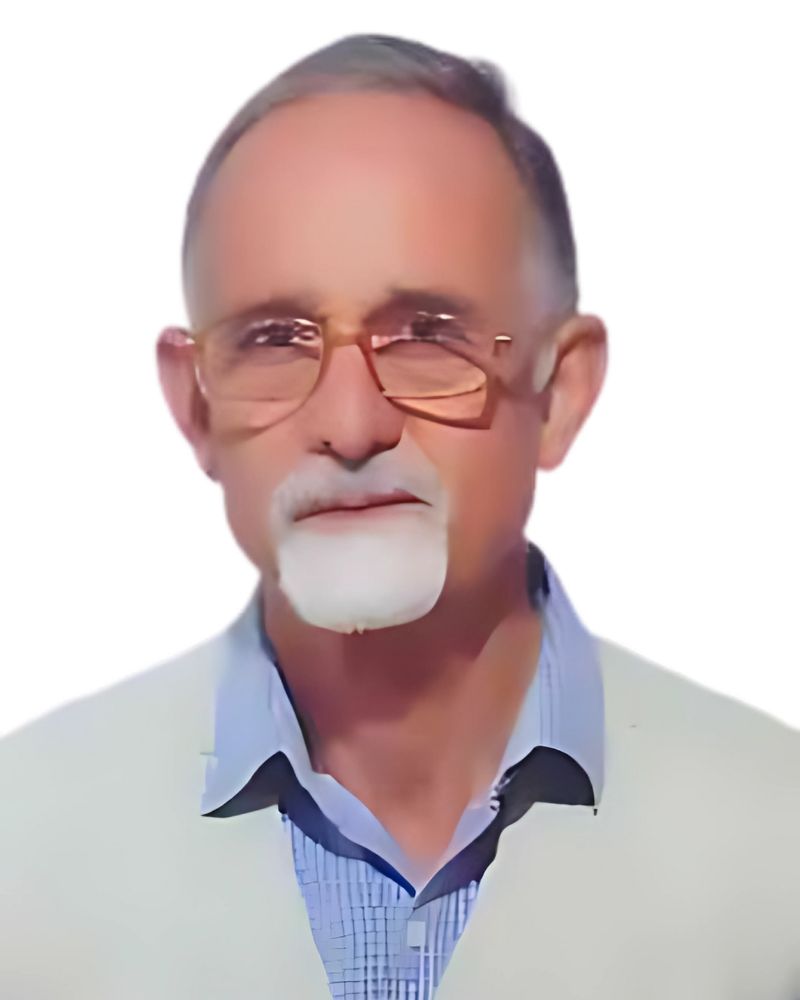


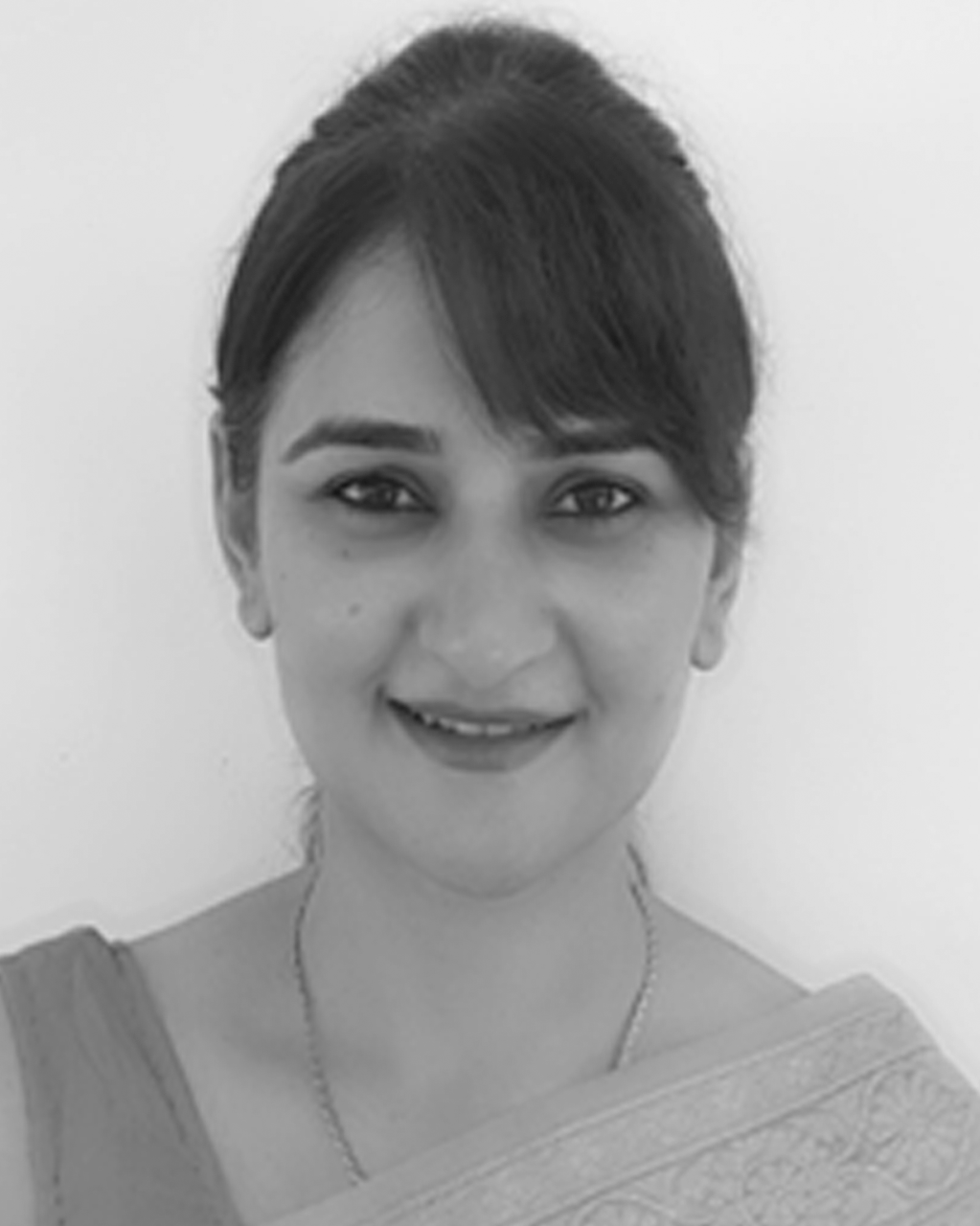
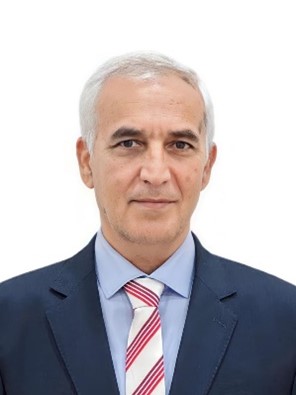
.jpg)



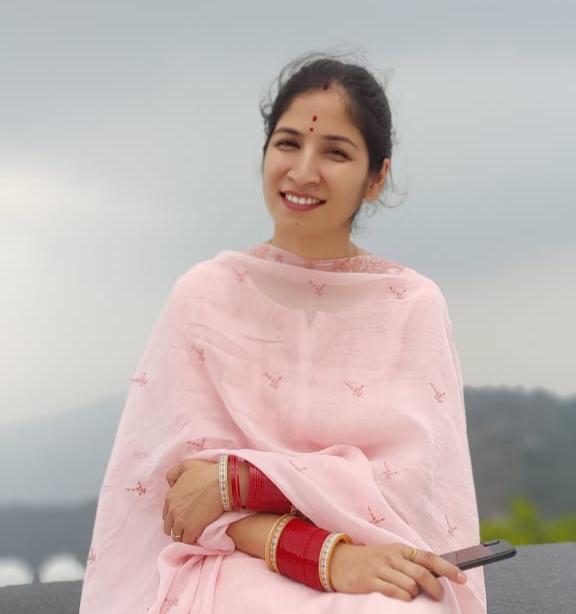
.jpg)
